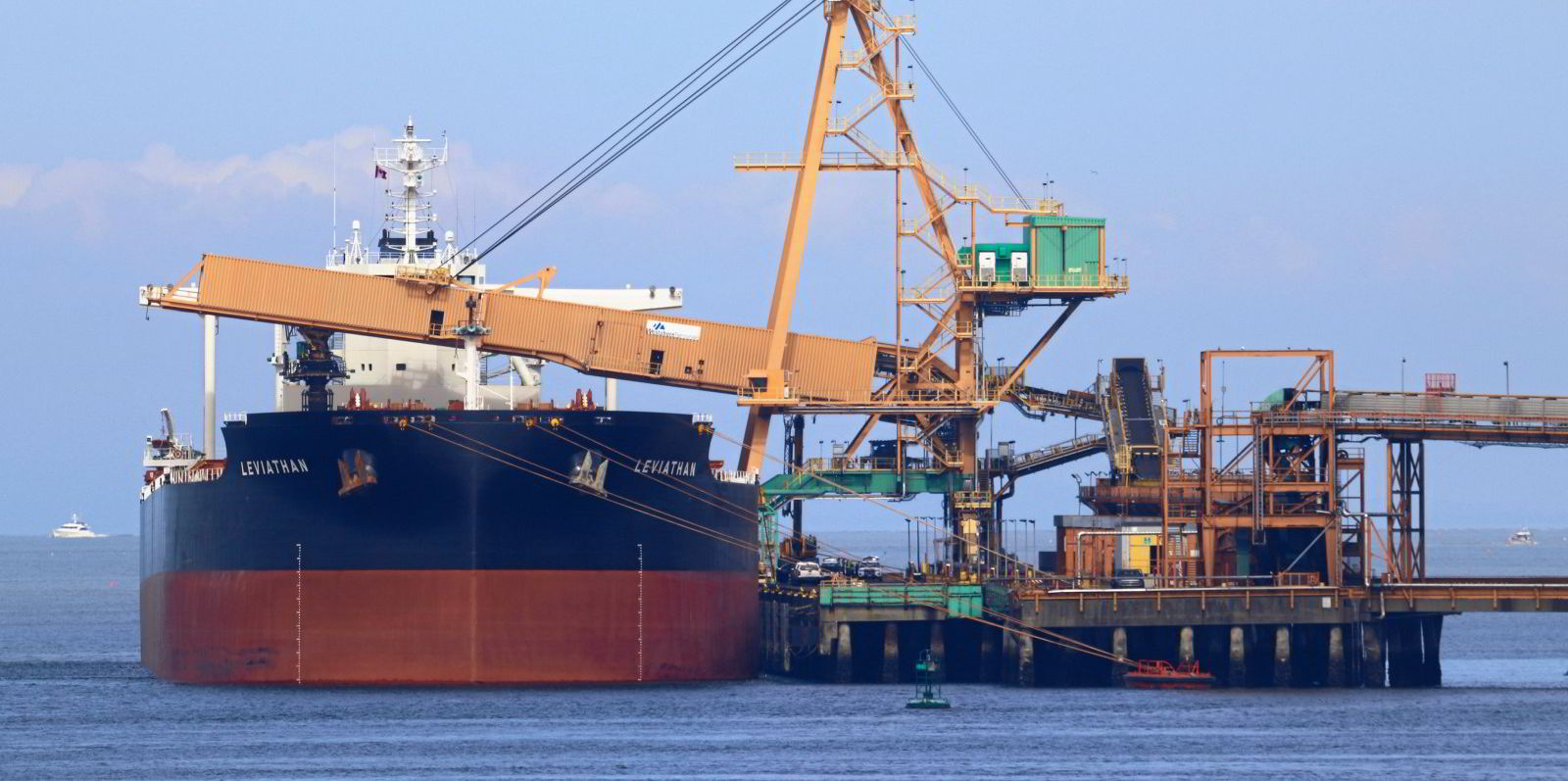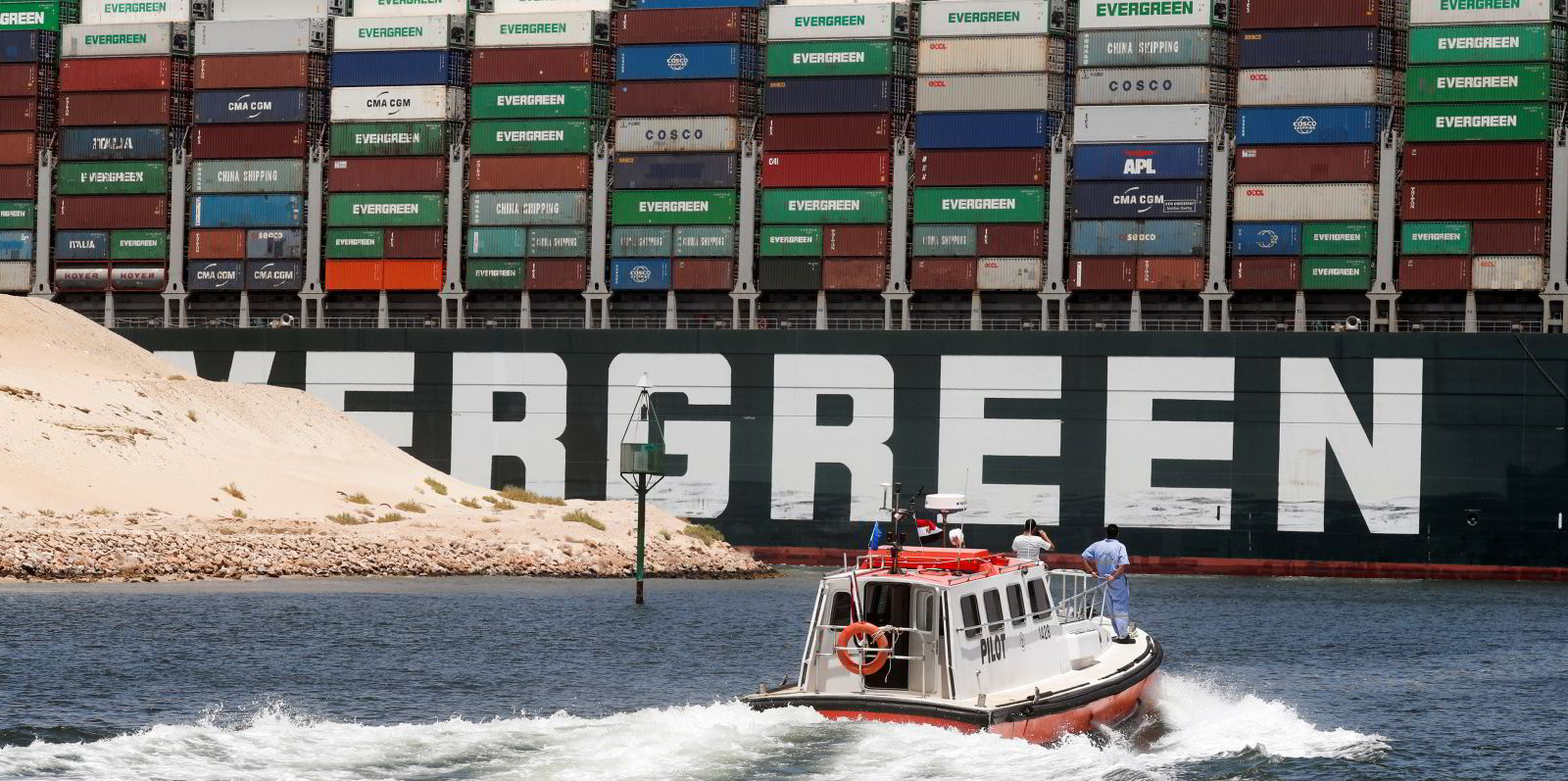The Grinch returned to the dry bulk market on Wednesday and the Baltic Dry Index plunged to a low not seen since April.
The drop came on the back of declines in spot rates for bulkers large and small ahead of the Christmas holiday, though midsize ships were spared.
The BDI fell 2.8% in one day to reach 2,229, a 19.6% drop since this time last week and the lowest level in more than eight months.
The day's plunge came as handysize, supramaxes and capesize bulkers all saw their spot indices turn red, while in the middle panamaxes posted Wednesday's only gains.
The BDI component posting the biggest losses was the capesize spot market, where rates plummeted to levels not seen since June.
The Baltic Exchange's 5TC, a measure of spot rates across key routes in the capesize sector, plunged to $20,363 per day, a one-day drop of 7.8%.
The rate marked a 25% drop compared to the same time of the prior week, and it was the lowest level in five months.
But the Baltic Exchange noted in its daily report that the 5TC rate was $4,894 lower this time last year.
Analysts at the exchange said it was a busy day for the capesize market as owners looked to lock in vessels before the holiday break.
The days' chartering included rumours that Rio Tinto booked a capesize at $9 per tonne to move iron ore from Dampier, Western Australia, to China's port of Qindao, a day after the miner paid $9.35 for a similar voyage, according to Baltic Exchange data.

In the Atlantic market, Rio Tinto reportedly hired an NYK Line vessel on Tuesday to move 170,000 tonnes of iron ore from Quebec in Canada to Japan. The miner, which ships Canadian iron ore from Sept-Iles, is paying $28.50 per tonne to go around the Cape of Good Hope in a deal that includes $30,000 for demurrage. It will pay $1 per tonne less for a Suez Canal journey.
That is down from $35 per tonne for a similar Cape voyage in a fixture booked a week earlier on the route.
Panamaxes rates headed in the opposite direction, with the panamax 5TC index adding 3.1% to hit $21,460 per day.
But Wednesday's jump was a bounce from a one-month low a day before and marked a 13.1% slump from a week earlier.
Baltic Exchange analysts had seen signs of life in the segment on Tuesday.
"The pockets of optimism in some parts turned into much-needed fruition for owners today with firmer bids and ultimately fixtures emanating in both basins for the longer round trips," they wrote in their Wednesday report.
Panamax owners held their ground on rates in the Atlantic, forcing charterers to pay higher rates to lock in tonnage before Christmas.
Canadian grain player Viterra fixed Castor Maritime's 76,619-dwt Magic Horizon (built 2010) for a round-trip voyage from Asia to the east coast of South America at $20,000 per day.
The last-done fixture on the route was on Friday, when Cargill agreed to pay $18,250 per day for a similar deal.
Higher activity in Asia also lifted rates.
Korea Electric Power Co (Kepco) locked in a kamsarmax to move 80,000 tonnes of coal from Queensland, Australia, to South Korea at $16.89 per tonne.
A day earlier, the utility signed up to pay $16.05 per tonne to ship 75,000 tonnes on a Pan Ocean ship at the same rate.
"On the back of a seemingly improving physical and FFA market period interest came to the fore again," Baltic Exchange analysts said, referring to forward freight agreements.
Up to three kamsarmaxes were locked into period deals on Wednesday.
France's Louis Dreyfus Commodities grabbed South Ocean Marine's 81,200-dwt Xin Han (built 2013) for eight to 10 months.
Another commodities giant, Bunge, chartered Haibao Shipping's 81,200-dwt Wen De (built 2013) for five to seven months at $22,500 per day, the Baltic Exchange said.
A Greek-owned kamsarmax is also believed to have been chartered in the third period deal at $24,000 per day, but few details of the deal were available.
The trio were the first fixed-rate period charters for panamaxes and kamsarmaxes in a week.





